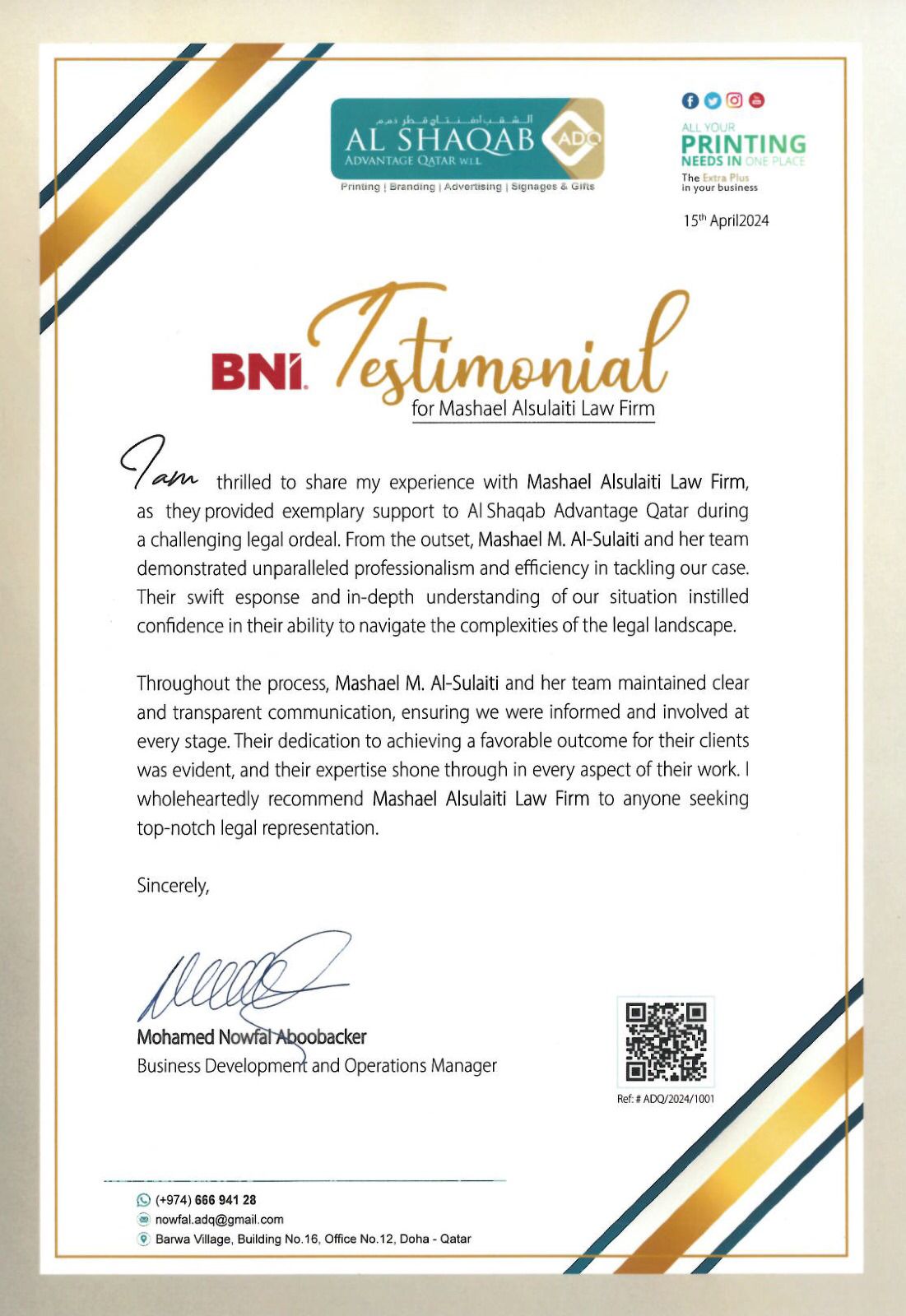The Means Of Combating Money Laundering

What is money laundering: -
Money laundering refers to the process of disguising large sums of money obtained through illegal means, making it appear as though it originates from legitimate sources. It is a criminal practice used to control funds generated from unlawful activities such as drug trafficking and supporting criminal organizations involved in terrorism. The aim is to conceal the illicit origins of these funds, allowing them to be integrated into the legal financial system.
Money laundering not only facilitates the concealment of criminal profits but is also used to finance further illegal and terrorist activities, making it a highly dangerous and illegal act. Criminals rely on this process because it is the only way to deposit illicit funds into financial institutions while creating the illusion of legality. The term "money laundering" comes from the idea of cleaning "dirty" money derived from criminal acts, making it appear legitimate or "clean."
As one of the most severe financial crimes, money laundering is often associated with white-collar criminals—those who commit non-violent offenses for financial gain. These schemes typically involve complex financial transactions designed to obscure the true identity, source, and location of the illegally acquired funds.
Means of combating money laundering: -
Money laundering is a global challenge that requires concerted efforts at local, regional, and international levels. Preventing this crime can be achieved through proactive measures, implemented before any illegal activity takes place. This involves enacting legislation with stringent penalties and establishing strict administrative and financial procedures to deter potential offenders. Additionally, remedial strategies include enhancing oversight mechanisms that have proven ineffective and working to eliminate the environments that foster money laundering.
In the fight against money laundering, both international laws and conventions play a critical role. These efforts are often divided into local and international approaches. In this article, we focus on the local measures taken by the State of Qatar to combat money laundering, with future discussions to explore international methods and conventions.
As a hub for investment, Qatar is a prime target for criminals seeking to engage in money laundering. However, Qatar has been highly successful in countering this threat. The Qatari legislature has prioritized this issue, enacting a series of laws over the years that have evolved into some of the most effective anti-money laundering legislation in both the Arab world and globally.
Anti-Money Laundering Laws and regulations:
The Qatari legislature has implemented several laws and regulations to effectively combat money laundering and the financing of terrorism. One of the most significant measures is Law No. 20 of 2019, which established the Anti-Money Laundering and Combating the Financing of Terrorism (AML/CFT) Law. This law serves as the cornerstone of Qatar’s anti-money laundering framework. In addition, the Anti-Money Laundering and Combating the Financing of Terrorism issued by the Qatar Financial Centre (QFC) Regulatory Authority applies to all entities operating within or from the QFC, aligning them with the legislation and rules of the State of Qatar.
Complementing this, Decision No. 41 of 2019, which issued the Executive Regulation of The Anti-Money Laundering and Terrorism Financing Law Promulgated by Law No. (20) of 2019, provides detailed guidelines for implementing the law. These regulations were further amended by Decree Law No. 19 of 2021, as well as Council of Ministers Decision No. 14 of 2021, ensuring that Qatar’s anti-money laundering legal framework remains robust and up-to-date.
Beyond the Anti-Money Laundering and Combating the Financing of Terrorism Law, Qatar has enacted a range of other criminal laws and regulations to further strengthen its fight against money laundering. These include Law No. 27 of 2019, which introduced the Anti-Terrorism Law, and Decision No. 1 of 2020, which governs the mechanisms for implementing targeted financial sanctions. Additional key legislation includes Law No. 11 of 2004, which established the Penal Code, and Law No. 6 of 2020, which amended specific provisions of the Code of Criminal Procedure (originally promulgated by Law No. 23 of 2004).
Together, these comprehensive legal measures ensure that Qatar remains highly effective in combating money laundering and related crimes, aligning with international standards and demonstrating its commitment to financial security and the rule of law.
:
Anti-money laundering measures
Anti-money laundering (AML) efforts in Qatar go beyond the enactment of laws and legislation. A range of regulatory mechanisms has been put in place to combat money laundering effectively. One of the most prominent bodies is the National Anti-Money Laundering and Terrorism Financing Committee, which reflects Qatar’s early commitment to establishing robust regulatory systems that comply with internationally recognized standards. As a founding member of the Middle East and North Africa Financial Action Task Force (MENAFATF), Qatar ensures full adherence to global requirements and obligations in the fight against money laundering.
The committee is chaired by His Excellency the Deputy Governor of Qatar Central Bank and includes representatives from 15 government entities, all of which are responsible for combating money laundering and terrorism financing. These entities span across various sectors, including law enforcement agencies, financial and non-financial sector regulators, and other government organizations focused on AML and Counter-Terrorism Financing (CFT) efforts.
Each of these entities is a member of the National AML/CFT Committee and has its own internal anti-money laundering regulations. These include, but are not limited to:
· The Financial Markets Authority's Anti-Money Laundering and Combating the Financing of Terrorism Rules
· Qatar Financial Centre’s General Anti-Money Laundering Rules (2019)
· The Anti-Money Laundering and Combating the Financing of Terrorism Rules for General Insurance Companies (2019)
· The Anti-Money Laundering and Combating the Financing of Terrorism Regulatory Framework
· Anti-Money Laundering and Terrorist Financing Forms and Suspicious Activity Reports (SARs)
These mechanisms, among others, provide a comprehensive framework for combating money laundering within Qatar, ensuring that the country is well-equipped to tackle financial crime at all levels.
Recent News
- H.H. the Amir Issues Landmark Amendments to the Civil Human Resources Law to Strengthen Incentives and Government Excellence
- تطور تشريعي يعيد رسم ملامح مهنة المحاماة في دولة قطر: أبرز ملامح التعديلات الواردة بالقانون رقم (19) لسنة 2025
- A New Era for Qatar’s Legal Profession: Key Reforms Under Law No. 19 of 2025

